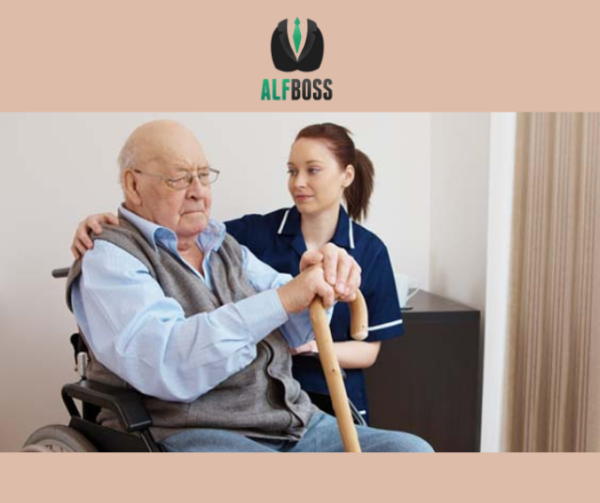
Resident care post illness or emergency
Imagine this scenario: A 86-year-old resident has just fallen down two flights of stairs after wandering into your back hall staff stairway. The resident was managed to push their call button but is otherwise maimed from their fall. Unfortunately, the call system is showing they are in their room, yet when staff responds they are not there. Does your staff know what to do? Are they prepared to respond to an emergency like this or something even worse? In addition to the initial response to this event, Nevada Department of Health and Human Services mandates those facilities follow the regulation below in regards to resident care after an emergency or illness. Check it out below:
NAC 449.274 Medical care of resident after illness, injury, or accident; periodic physical examination of the resident; rejection of medical care by the resident; written records. (NRS 449.0302)
1. If a resident of a residential facility becomes ill or is injured, the resident’s physician and a member of the resident’s family must be notified at the onset of illness or at the time of the injury. The facility shall:
(a) Make all necessary arrangements to secure the services of a licensed physician to treat the resident if the resident’s physician is not available; and
(b) Request emergency services when such services are necessary.
2. A resident who is suffering from an illness or injury from which the resident is expected to recover within 14 days after the onset of the illness or the time of the injury may be cared for in the facility. The decision as to the period within which the resident is expected to recover from the illness or injury and the needs of the resident must be made by the resident’s physician or, if he or she is unavailable, by another licensed physician.
3. A written record of all accidents, injuries, and illnesses of the resident which occur in the facility must be made by the caregiver who first discovers the accident, injury, or illness. The record must include:
(a) The date and time of the accident or injury or the date and time that the illness was discovered;
(b) A description of the manner in which the accident or injury occurred or the manner in which the illness was discovered; and
(c) A description of the manner in which the members of the staff of the facility responded to the accident, injury or illness and the care provided to the resident.
Ê This record must accompany the resident if he or she is transferred to another facility.
4. The facility shall ensure that appropriate medical care is provided to the resident by:
(a) A caregiver who is trained to provide that care;
(b) An independent contractor who is trained to provide that care; or
(c) A medical professional.
5. Before admission and each year after admission, or more frequently if there is a significant change in the physical condition of a resident, the facility shall obtain the results of a general physical examination of the resident by his or her physician. The resident must be cared for pursuant to any instructions provided by the resident’s physician.
6. The members of the staff of the facility shall:
(a) Ensure that the resident receives the personal care that he or she requires.
(b) Monitor the ability of the resident to care for his or her own health conditions and document in writing any significant change in his or her ability to care for those conditions.
7. This section does not prohibit a resident from rejecting medical care. If a resident rejects medical care, an employee of the facility shall record the rejection in writing and request that the resident sign that record as a confirmation of his or her rejection of medical care. If the resident rejects medical care that a physician has directed the facility to provide, the facility shall inform the resident’s physician of that fact within 4 hours after the care is rejected. The facility shall maintain a record of the notice provided to the physician pursuant to this subsection.
8. As used in this section, “significant change” means a change in a resident’s condition that results in a category 1 resident becoming a category 2 resident or otherwise results in an increase in the level of care required by the resident.
Top Takeaway:
- A written record of all accidents, injuries and illnesses of the resident which occur in the facility must be made by the caregiver who first discovers the accident, injury or illness. The record must include:
(a) The date and time of the accident or injury or the date and time that the illness was discovered;
(b) A description of the manner in which the accident or injury occurred or the manner in which the illness was discovered; and
(c) A description of the manner in which the members of the staff of the facility responded to the accident, injury or illness and the care provided to the resident.
One of the most important aspects of resident care is accurate documentation. If the responding care giver does not provide an accurate depiction of the residents condition it will be difficult to respond with the appropriate care.